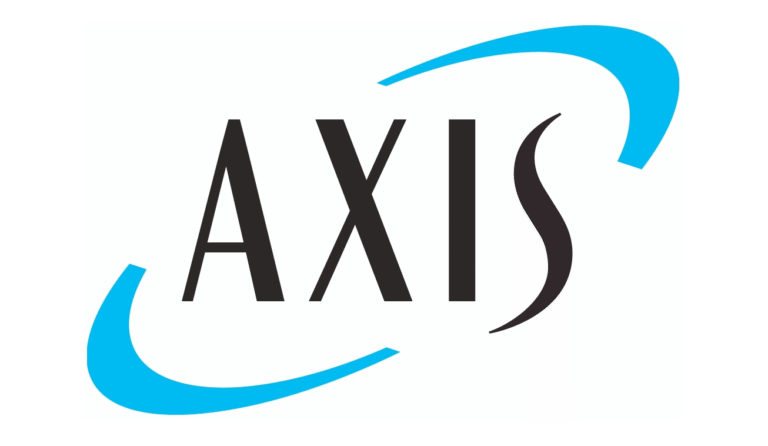
Specialist insurer Hiscox’s multi-year collaboration with Google is serving as a central growth driver for the deployment of artificial intelligence (AI) and machine learning across its business, according to comments by the company’s CFO, Paul Cooper.

The most immediate effect of the AI adoption has been in augmented lead underwriting for sabotage an terrorism insurance.
“What we’ve seen is the benefits in that sort of augmented lead underwriting arrangement on sabotage and terrorism, where we drove submissions in terms of timing, from a turnaround time of about three days to certainly around three minutes,” Cooper stated.
Adding: “That’s something that we are certainly looking to accelerate into other parts of the business, and take components of that where we can deploy it into other lines.”
He confirmed that this proof of concept has been industrialised, with around two-thirds of the sabotage and terrorism business now subject to the augmented underwriting process.
Cooper framed the Google collaboration as having two main drivers: acting as a growth enabler and driving efficiency.
“One is a growth enabler, similar to the sabotage and terrorism and the rollout in mid market property, and then just generally, looking at their technological expertise to drive efficiency into the business,” he stated.
Hiscox has been quick to export its technological capability in retail, deploying components of the AI framework into other lines, such as the middle market property sector, recently accessed in the London Market.
“One part of our ability to do so has been partnering with Google to cleanse data using AI, and again, accelerate the submissions process as a consequence from that,” Cooper noted, underscoring the speed advantage it gives Hiscox over competitors using purely manual processes.
Marine cargo is another line where technology has allowed Hiscox to access business. The executive said: “In marine cargo, where we’re using APIs to basically digitally underwrite, quote and bind the risk near instantaneously.
“Because of the size of the average premium, in that small marine cargo end, we wouldn’t have typically seen that business come to Lloyd’s. And certainly there’s a question mark about whether we could have underwritten it economically.”
He concluded: “I do expect us to continue to innovate more broadly, not only in the London Market, but across the group. If you look at what we’ve done in terms of the AI submissions process, that’s an area that improved productivity in the UK by 40% in December last year, and we’re rolling that out to Europe, and the US and the US broker.”





